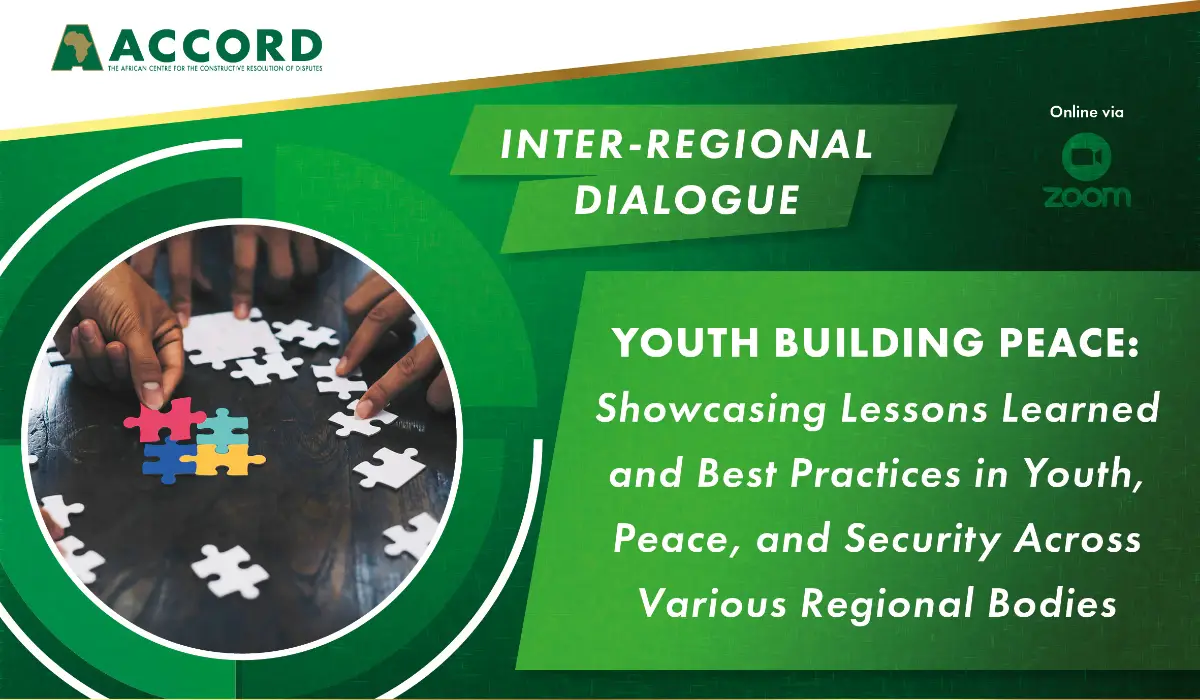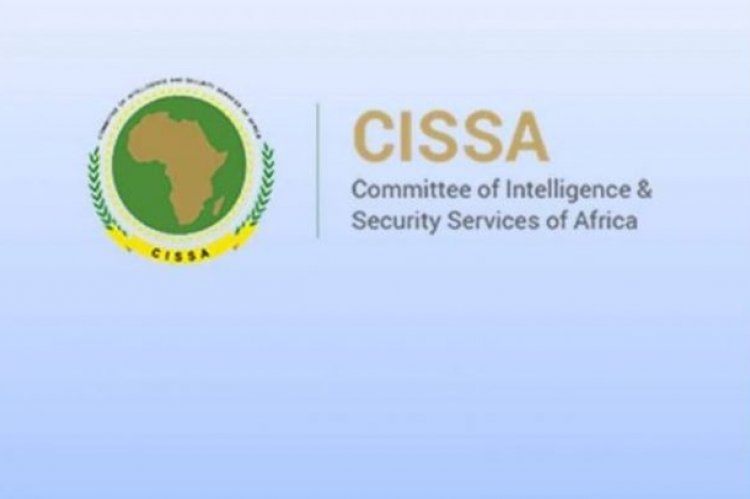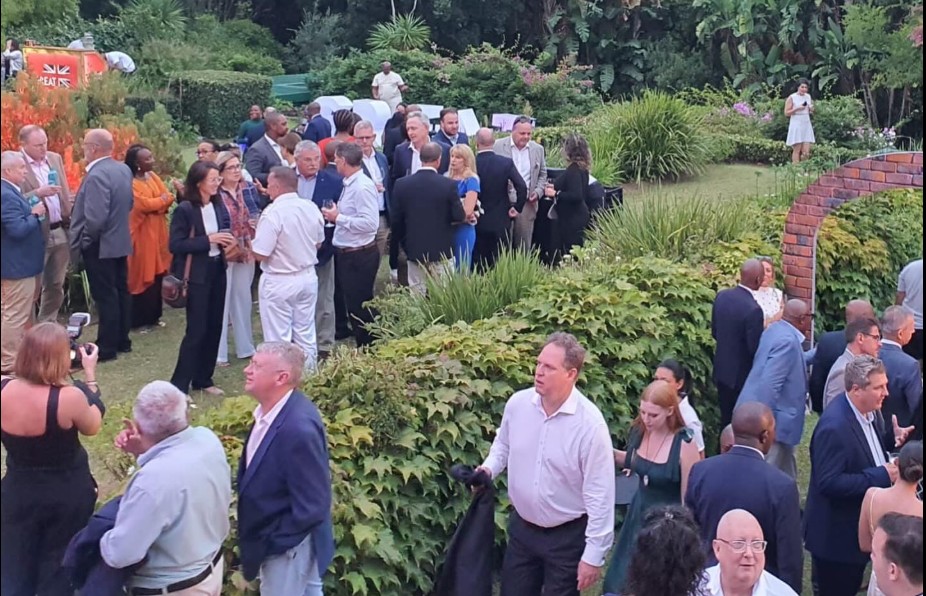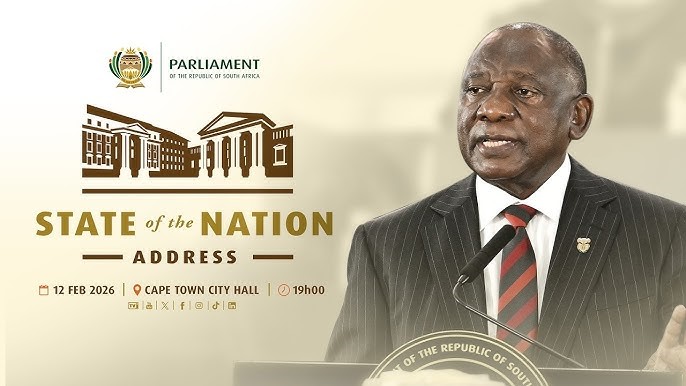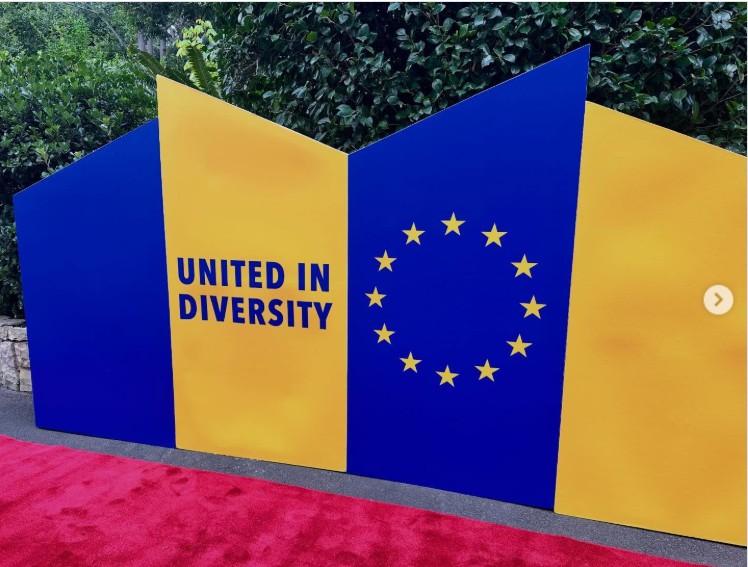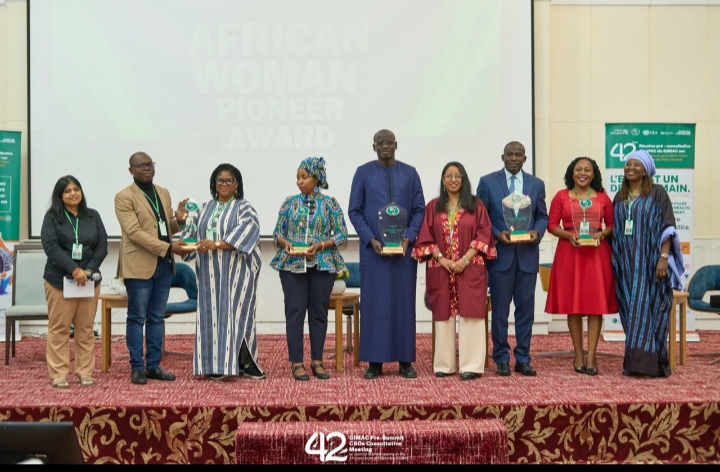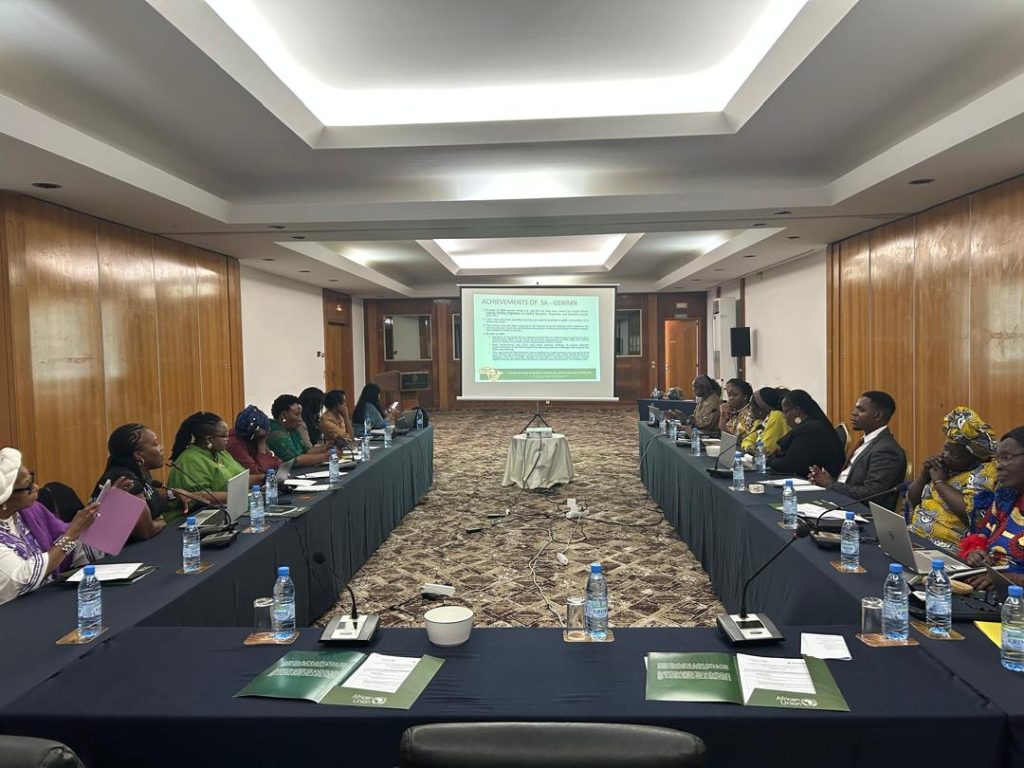ACCORD recently hosted a closed virtual Inter-Regional Dialogue on the Implementation of Youth Frameworks, which took place on 15 August 2024. The Dialogue forms part of ACCORD’s strategic objective to enhance the role of youth in preventing, mitigating and resolving complex conflicts. The virtual dialogue sought to document the work done by youth at regional levels, to identify challenges and best practices from youth-focused initiatives. Moreover, it provided a platform for exchanging experiences, perspectives, and lessons learned, which will guide in identifying areas to support the advancement of youth efforts within the respective regions.
The panel included Ms Angel Mbuthia, from the Common Market for Eastern and Southern Africa (COMESA) Youth Advisory Panel; Mr. Jacob Eyeru, President of the International Conference for the Great Lakes Region (ICGLR); Mr. Sam Ogwal from the Intergovernmental Authority on Development’s Youth Envoy Foundation; and Mr. Kitenge Fabrice Tunda, the Southern Africa Development Community (SADC) Mediation and Peacebuilding Officer. The participants included experienced YPS practitioners from civil society organisations and Regional Economic Communities from around the continent.
In terms of lessons and learnt, several participants expressed concerns over the low levels of technical peacebuilding skills among the youth in Africa. They attributed this to a lack of exposure and training. As a result, they advocated for empowering more African youth with the skills and knowledge to build peace on the continent. Additionally, they emphasised the need for peace initiatives to be championed at the grassroots level to ensure buy-in, legitimacy and local ownership. They also identified a need for capacity building to go beyond Conflict Management Training, as there is no assurance of skills transfer. Instead, they suggested identifying more sustainable, context-specific and impactful ways of building capacity.
The Dialogue was significant in providing a platform to facilitate the recognition and appreciation of the effort of young Africans in peace and security. Furthermore, it was in line with the African Union’s objective to enhance partnerships and collaborations among youth in the diaspora, member states, RECs, civil society organisations, academia and other sectors, on matters of youth, peace and security.

